
IS 1 VACCINE DOSE ENOUGH ?
- 2021-05-20
- 2538
Researchers found that those who did not have COVID-19—called COVID naïve—did not have a full immune response until after receiving their second vaccine dose, reinforcing the importance of completing the two recommended doses for achieving strong levels of immunity.
The study provides more insight on the underlying immunobiology of mRNA vaccines, which could help shape future vaccine strategies.
“These results are encouraging for both short- and long-term vaccine efficacy, and this adds to our understanding of the mRNA vaccine immune response through the analysis of memory B cells,” says senior author E. John Wherry, chair of the department of systems pharmacology and translational therapeutics at the University of Pennsylvania and director of the Penn Institute of Immunology in the Perelman School of Medicine.
The data show key differences in vaccine immune responses in COVID naïve versus COVID-19 recovered people. The findings suggest that only a single vaccine dose in people recovered from COVID-19 may be enough to induce a maximal immune response, based on both strong antibody and memory B cell responses. This is likely due to a primary immune response because of their natural infection.
Although more data are needed and all subjects developed robust immunity, it is possible that inflammation and side effects early after vaccination could signal stronger immune reactions.
“Everyone has good responses to the vaccines. They work to protect people against COVID-19. But for those who may be worried about side effects, they are not necessarily a bad thing—they may actually be an indicator of an even better immune response,” Wherry says.
The researchers are continuing larger-scale studies, which are necessary to fully examine the question of a one- or two-dose regimen in COVID-19-recovered people and to see how long the vaccine antibodies last. Wherry and his team are continuing to study the vaccine’s effect on virus-specific T cell responses, another element of the body’s immune response.
The human immune response to vaccines and infections result in two major outcomes—the production of antibodies that provide rapid immunity and the creation of memory B cells, which assist in long-term immunity. This study represents one of the first to uncover how memory B cell responses differ after vaccination in people who previously experienced infection, compared to those who have not had COVID-19.
“Previous COVID-19 mRNA vaccine studies on vaccinated people focused on antibodies more than memory B cells. Memory B cells are a strong predictor of future antibody responses, which is why it’s vital to measure B cell responses to these vaccines,” Wherry says. “This effort to examine memory B cells is important for understanding long-term protection and the ability to respond to variants.”
-
 2022-04-26Are air purifiers environmentally friendly ?
2022-04-26Are air purifiers environmentally friendly ? -
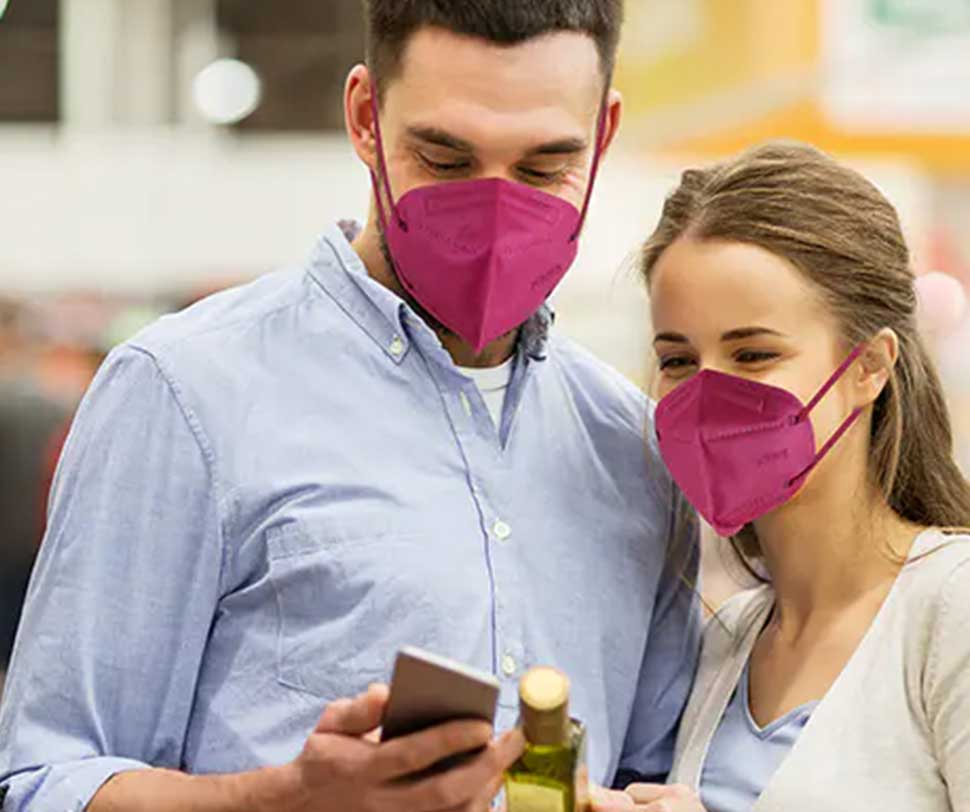 2022-04-26The importance of wearing a mask correctly
2022-04-26The importance of wearing a mask correctly -
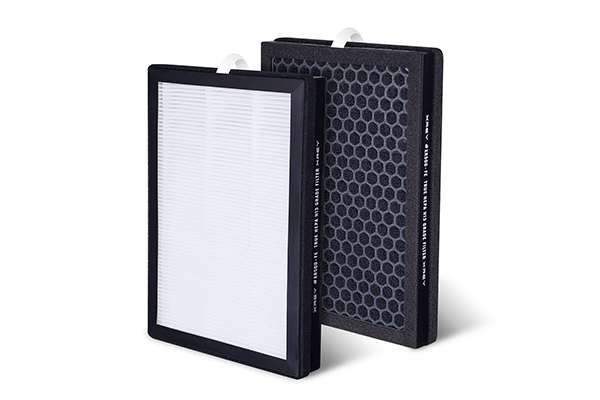 2022-04-27Connexions Air H13 True HEPA Filters
2022-04-27Connexions Air H13 True HEPA Filters -
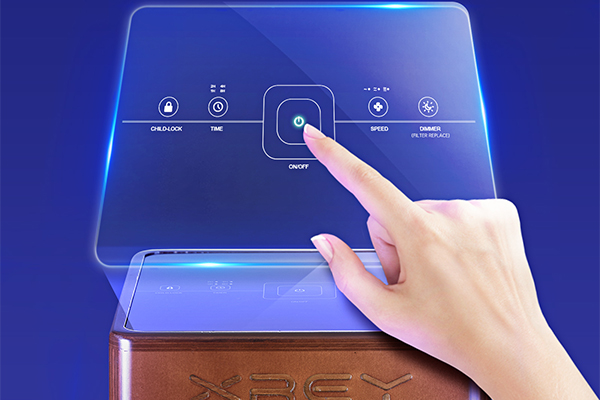 2022-04-29What is the use of anion function of air purifier?
2022-04-29What is the use of anion function of air purifier? -
 2022-05-08Standardize the wearing of masks, children should not be missed!
2022-05-08Standardize the wearing of masks, children should not be missed! -
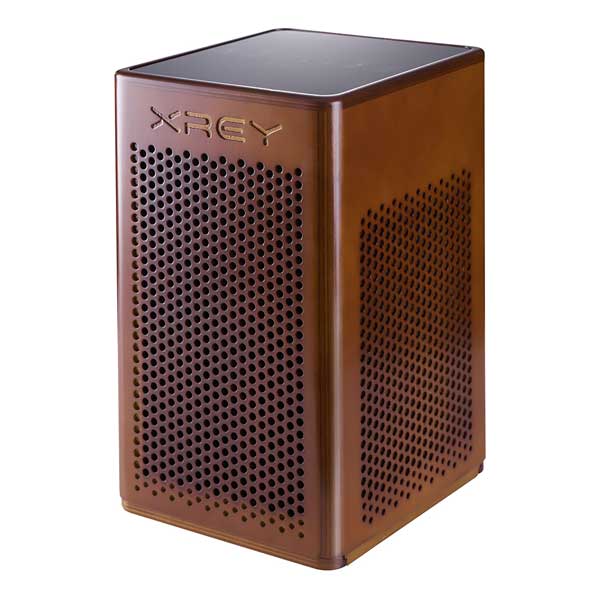 2022-05-16Hazy days, air purifiers are useful?
2022-05-16Hazy days, air purifiers are useful? -
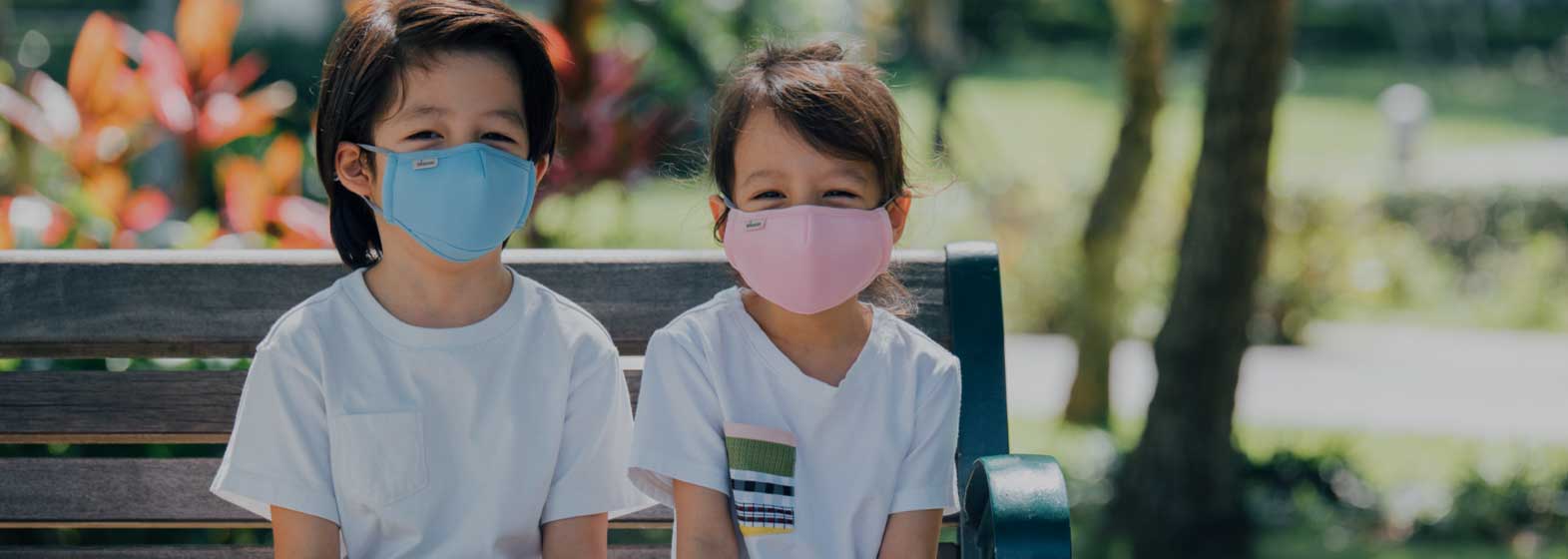 2022-05-16Attention everyone! Don't buy fake FFP2 masks! How do we identify?
2022-05-16Attention everyone! Don't buy fake FFP2 masks! How do we identify? -
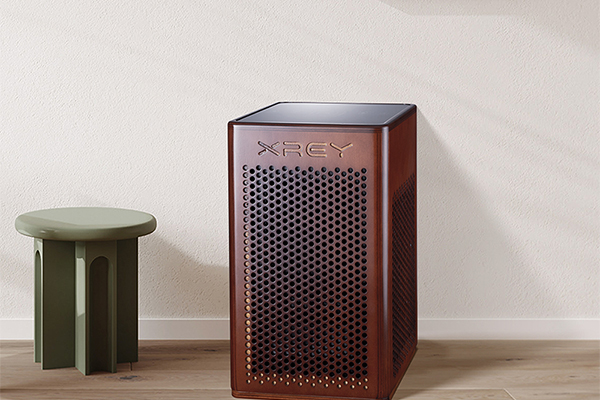 2022-05-17Pay attention to secondary pollution when using air purifiers
2022-05-17Pay attention to secondary pollution when using air purifiers -
 2022-05-17TOP5 pollutants that the purifier can purify
2022-05-17TOP5 pollutants that the purifier can purify
-
 2020-06-02Why do Face Masks Matter With This Coronavirus
2020-06-02Why do Face Masks Matter With This Coronavirus -
 2020-06-02How to Wear Mask
2020-06-02How to Wear Mask -
 2020-06-02Three Principles of Choice of Masks
2020-06-02Three Principles of Choice of Masks -
 2020-06-022020 Situation of Mask Market
2020-06-022020 Situation of Mask Market -
 2020-06-17What other preventative measures can you take to protect yourself from airborne substances?
2020-06-17What other preventative measures can you take to protect yourself from airborne substances? -
 2020-06-08The Advantage of Disposable Face Masks
2020-06-08The Advantage of Disposable Face Masks -
 2020-06-093 Ply Disposable Face Mask & Soft & Comfortable Ear Loop
2020-06-093 Ply Disposable Face Mask & Soft & Comfortable Ear Loop -
 2020-06-17What are the regulations for surgical face masks?
2020-06-17What are the regulations for surgical face masks? -
 2020-06-09Do I need to wear a face mask if I am quarantined?
2020-06-09Do I need to wear a face mask if I am quarantined?
CONTACT US


Connexions Technology (Dongguan) Ltd.
We are always providing our customers with reliable products and considerate services.
If you would like to keep touch with us directly, please go to contact us
